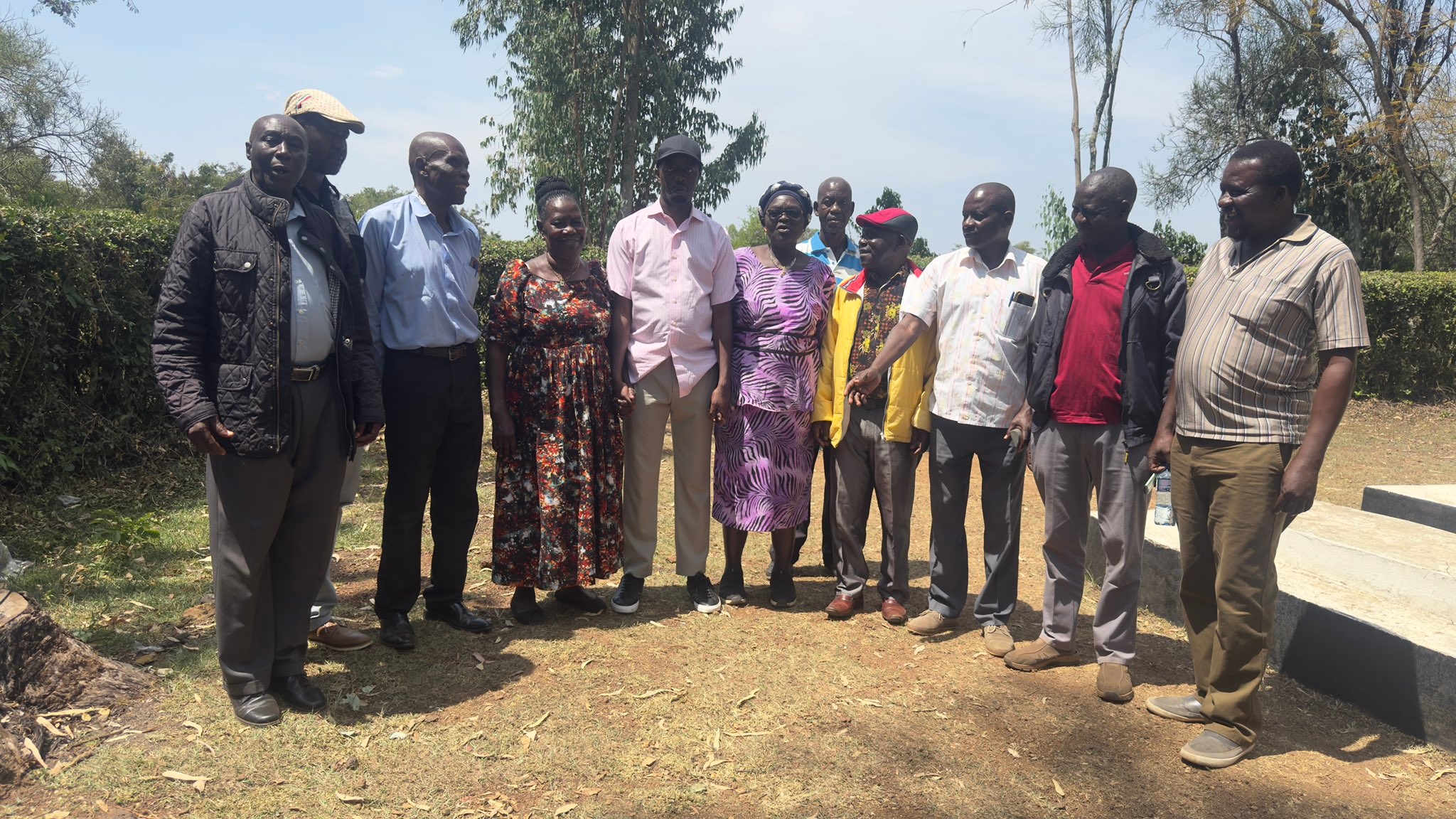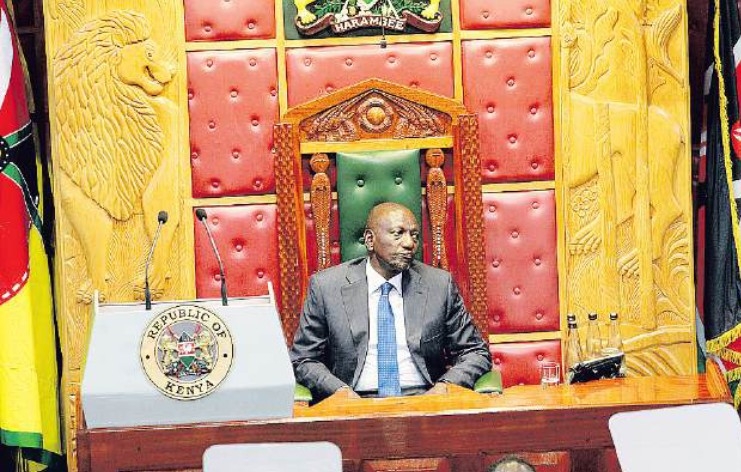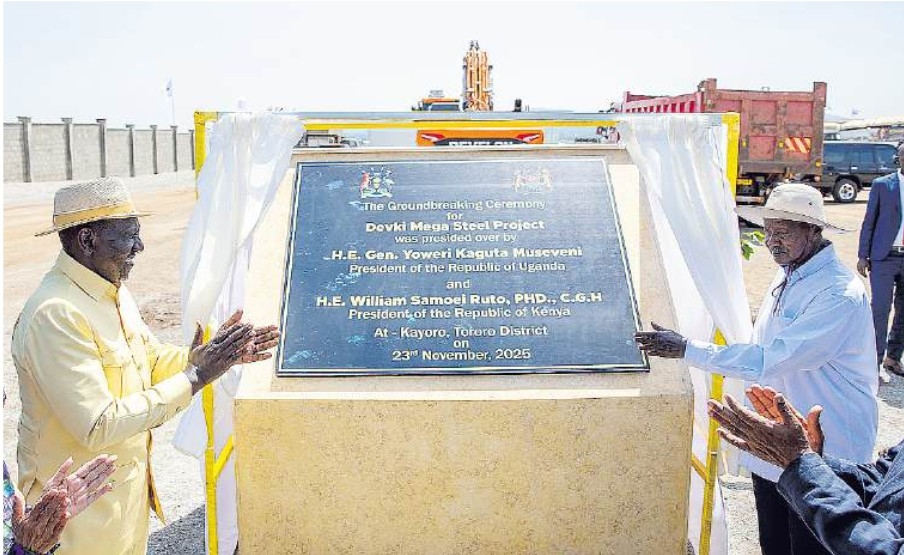
After a five-year battle, a Mombasa court on Tuesday sentenced Fatuma Ahmed to 40 years in prison for trafficking drugs worth Sh275 million.
The court further fined Fatuma Sh825,642,000 for the offence.
Fatuma, widow of slain suspected drug trafficker Swaleh Ahmed alias Kandereni, had been arrested with 91,738 grammes of heroin in 2018.
The drugs were found hidden in their bedroom in a house in Kikambala, Kilifi county.
The couple had been charged together for two offences of storing drugs and drug trafficking.
However, this year, the court dropped charges against Ahmed after he died mysteriously in March.
His body was discovered in Kuruwitu near Vipingo in Kilifi, nine days after he was allegedly abducted by armed persons, believed to be police officers.
Before his death, the court had placed Ahmed on his defence after the prosecution established a prima facie case against him.
On Tuesday, Fatuma was found guilty of storing drugs and drug trafficking.
Principal magistrate Martin Rabera ruled that the prosecution proved its case beyond any reasonable doubt.
In the court case, which dragged from 2019, the prosecution counsel presented 15 witnesses.
According to the court documents, Fatuma and her husband were on September 20, 2018, at Kikambala Housing Estate in Kilifi, along with others not before the court, found with heroin concealed in two brownish suitcases and a gunny bag in direct contravention of the Narcotic Drugs and Psychotropic Substances (Control) Act.
Each of the two brownish bags had 40 sachets, and the gunny bag had 12, making a total of 92 sachets, according to police evidence.
However, in her submissions, Fatuma had argued that by the time she was arrested, she was not in possession of any of the narcotic drugs.
She said it was after she was arrested that she was informed of the recovery of the drugs from her house at Kikambala.
She added there was no connection between her and the recovered drugs, arguing that there were other keys other than the one in her possession that could be used to access house No. B-46 at Kikambala.
Police said they got a tip-off from a member of the public who suspected the house was being used to store drugs.
Police gained access to the home by breaking the window after they found no one present at the house.
The drugs were found hidden in the bedroom.
Fatuma, through her lawyer, had asked the court to consider a non-custodial sentence.
However, the prosecution counsel, Barbara Sombo, opposed the accused being granted a non-custodial, saying the court should consider the weight of narcotics that were recovered in the accused house.
Sombo argued that the 91,735 grammes of heroin would have destroyed thousands of lives if the cache had reached the intended market.
Rabera said the prosecution had provided compelling evidence, including testimonies from officers who had conducted the raid at the accused’s residence.
The officers gave a detailed account of how the exhibits were recovered in the presence of the public, with no indication that the items were planted.
“There is no evidential gap to suggest that the exhibits were tampered with or planted. Having reviewed and analysed all the evidence, I find the charges against the first accused person (Fatuma) proved beyond reasonable doubt, and the accused is hereby convicted as charged,” ruled Rabera.
He added, “The charge against the second accused person (Ahmed) abates by virtue of him being deceased.”
The judgement was delivered by
Mombasa senior resident magistrate
David Odhiambo on behalf of Rabera.
















